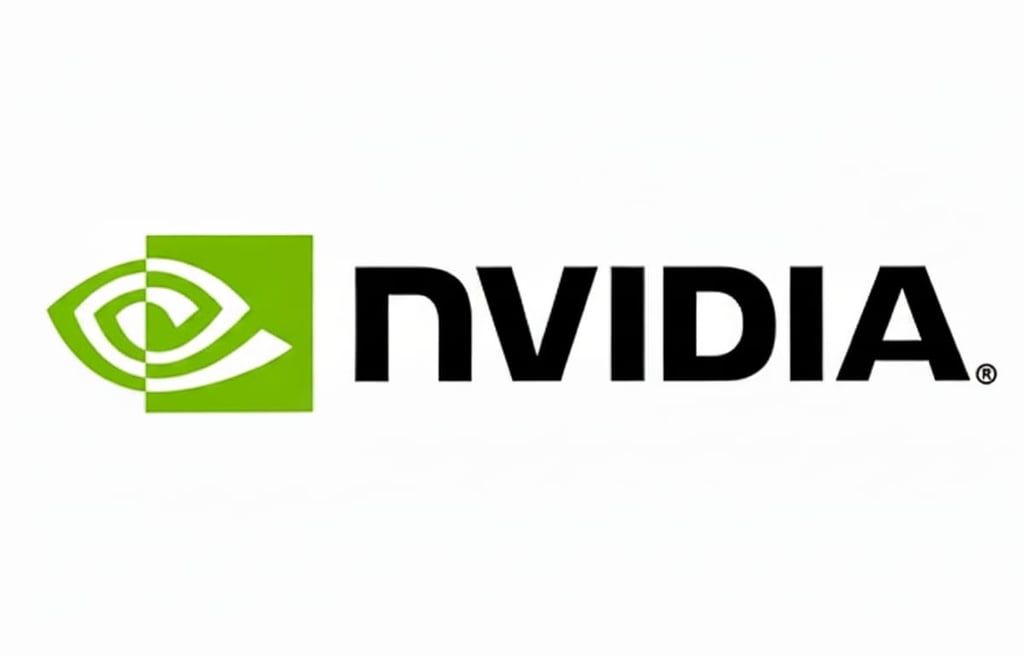Chinese Tech Giants Defy Beijing, Keep Buying Nvidia Chips Despite Pressure | September 4, 2025
On September 4, 2025, Alibaba, Tencent & ByteDance defy Beijing’s pressure and continue buying Nvidia’s H20 chips. Here’s why China still depends on Nvidia.
Raja Awais Ali
9/4/20252 min read


Chinese Tech Giants Defy Beijing, Continue Buying Nvidia Chips Despite Pressure | September 4, 2025
The technology battle between China and the United States has entered a new phase. Despite Beijing’s directive urging local companies to avoid purchasing American-made Nvidia H20 chips and instead rely on domestic alternatives, Chinese giants including Alibaba, Tencent, and ByteDance continue to buy these powerful processors in large quantities. According to fresh reports, these companies are paying between $10,000 and $12,000 per unit to secure Nvidia’s H20 chips.
Chinese regulators held meetings with executives from these companies in August 2025, warning them that reliance on Nvidia could pose national security risks. State media even launched a campaign labeling the H20 as “outdated” and “unsafe.” However, for businesses racing to dominate artificial intelligence and cloud computing, performance matters more than politics. Domestic chipmakers such as Huawei and Cambricon are making progress but still lag behind Nvidia’s cutting-edge technology.
Adding further momentum to the debate, Nvidia is preparing to launch its next-generation B30A chip, built on the advanced Blackwell architecture. Early reports suggest it will deliver six times more performance than the H20, with an expected price nearly double. Despite Beijing’s pressure, industry analysts believe Chinese companies will likely pursue the B30A as well, given the performance gap with domestic chips.
The United States has allowed sales of the H20 under strict conditions, including a clause that 15% of the revenue from these chips goes directly to the U.S. government. This measure reflects Washington’s strategy to maintain economic leverage while simultaneously restricting China’s access to the most advanced technologies.
Experts note that this tug-of-war is reshaping the global semiconductor industry. Nvidia generates 13–15% of its total revenue from the Chinese market, making Chinese demand indispensable for the company. The latest reports have already influenced stock market trends, with Nvidia shares experiencing noticeable fluctuations.
Ultimately, this situation highlights a larger truth: governments can impose restrictions and pressure, but in the race for global technological dominance, companies will prioritize the products that deliver the best performance. For Chinese firms driving AI and cloud innovation, Nvidia remains the critical player despite ongoing geopolitical tensions.
Stay informed with the latest national and international news.
© 2025. All rights reserved.